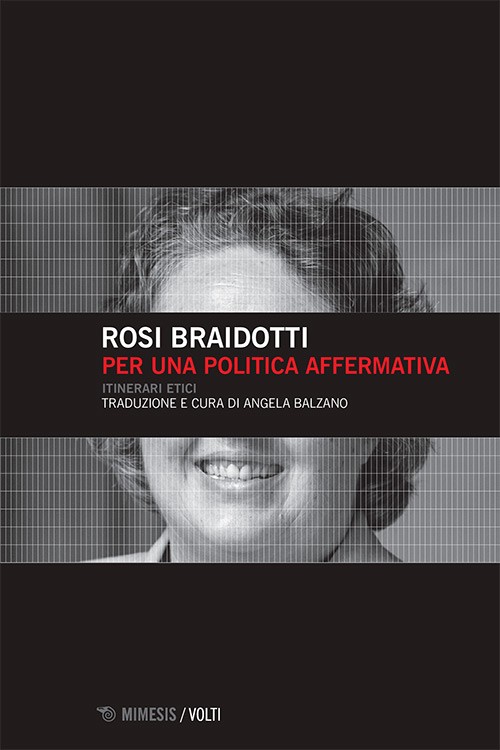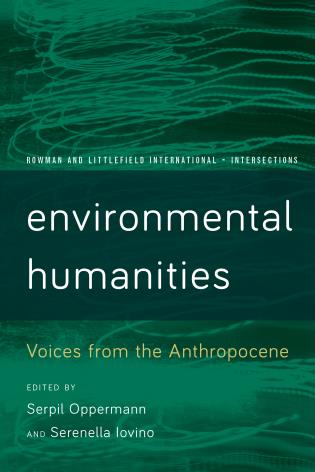2017
“Critical Posthuman Knowledges”
What are the parameters that define posthuman knowing subjects and their ethical accountability? This essay outlines a framework by which to understand the emerging field of the critical posthumanities. It proposes as the field's conceptual foundation a neo-Spinozist monistic ontology that assumes radical immanence, as well as a mind-body and nature-culture continuum. This implies that the posthuman knowing subject has to be understood as a relational, situated, and accountable entity. This article explores these key ideas by tracing a cartography of the different generations of critical “studies” areas and their relationship to posthuman knowledges.
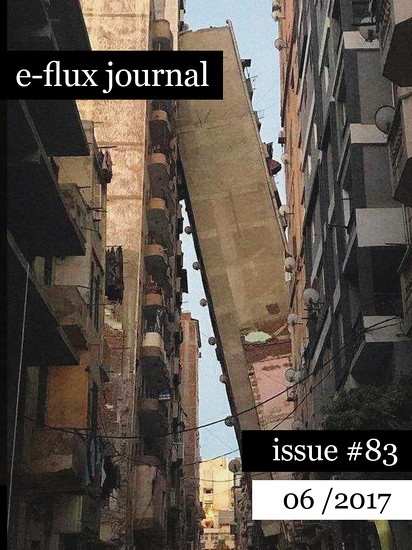
2017
The New Brutality
2016
“The Critical Posthumanities; or, Is Medianatures to Naturecultures as Zoe Is to Bios?”
This article situates the geological turn in media theory within the critical posthumanities, defining them in both quantitative and qualitative terms. They can be assessed quantitatively by reviewing the proliferation of interdisciplinary “studies” areas—such as media and gender studies—that have transformed the modes of knowledge production within the academic humanities and beyond. They are framed qualitatively by the neomaterialist, vital philosophy proposed by Gilles Deleuze’s Spinozism, based on the concepts of monism, radical immanence, and relational ontology. They not only support the idea of a nature-culture continuum but also provide the philosophical grounding for technological mediation to be defined not as a form of representation but as the expression of “medianaturecultural” ethical relations and forces.
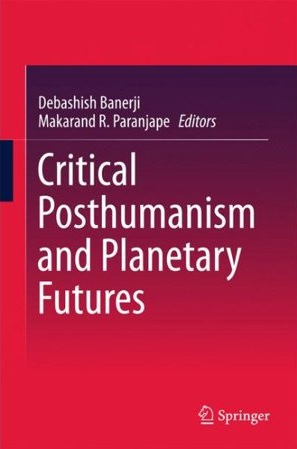
2016
“Posthuman Critical Theory”
This essay proposes a genealogical cartography of the emergence of a posthuman turn in critical theory, including feminist theory, based on the convergence of posthumanism with post-anthropocentrism. The former critiques the universalist posture of the idea of ‘Man’ as the alleged ‘measure of all things’. The latter criticizes species hierarchy and the assumption of human exceptionalism. It then explores the implications of the posthuman turn for political subjectivity, notably in terms of the relation between human and nonhuman agents. The essay then critiques the current tendency to create new negative or reactive re-compositions of a new pan-humanity based on vulnerability and fear. The case is made instead for critical posthuman thought and a definition of the subject as nomadic, that is to say: transversal, relational, affective, embedded and embodied.
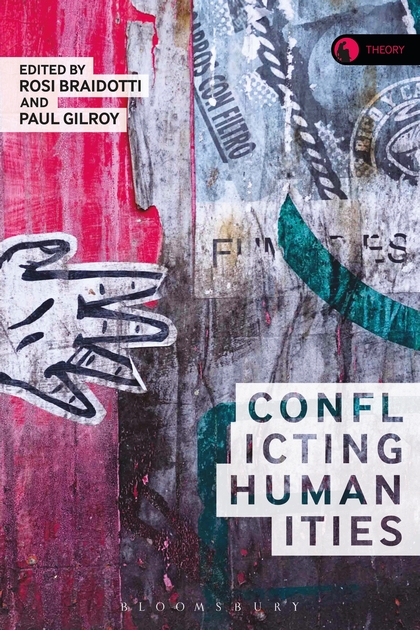
2016
“Introduction”

